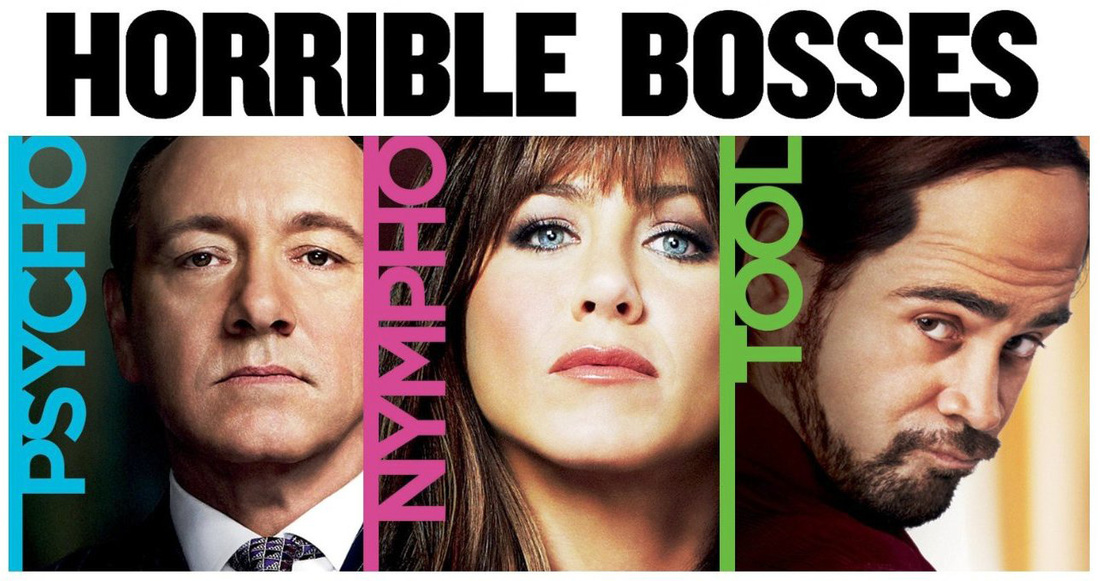When you consider the countless number of reasons someone might be considered an awful boss, this shouldn’t come as too big a surprise. For a lot of people, a dislike of a boss might come down to something very personal, not reflecting their effectiveness in their role at all. Afterall you’re never going to please everyone.
However, there are some particular traits almost guaranteed to infuriate all your employees.
Here are five traits of horrible bosses:
#1. They’ve No Vision
While they might seem a million miles apart, the office environment and nature have a lot in common. I recently wrote a blog on the HR lessons we can learn from The Jungle Book. One of those lessons was about leadership.
Just like any wolf pack or pride of lions, employees look to their bosses for guidance and leadership. A good boss always has a clear vision of where she is leading her team – in line with the company’s mission - and how they’ll get there.
A clear vision gives purpose to the work your staff do and instils confidence in the direction the company is taking. A boss without a vision is likely to encounter resistance from his employees, which can quickly turn into apathy and then attrition.
#2. They’re Poor Communicators
Communication is key to any good relationship, and the relationship between boss and employee is no different. Managers who fail to communicate regularly and clearly with their employees are headed for trouble.
Worse than that, when they do decide to communicate with their workers, truly awful bosses tend to be negative and very seldom provide any sort of constructive criticism. This can be poisonous for productivity and staff morale. Such behaviour only knocks employees’ self-esteem and builds a sense of resentment for the work they do and the people they do it for. Moreover, it may lead to claims of bullying, which is very bad for business.
In contrast, good managers provide clear, unambiguous instructions to their teams, ensuring each member knows what part they play in any given project. When it comes to giving feedback, they do it in a positive and constructive manner. This isn’t to say that when someone needs to be reprimanded they’re not up to the job. It more so means that they know how to communicate with their workers in any given situation.
#3. They Blame Others
Following on from point #2, bad bosses tend to be quick to point the finger at others when things go wrong. Despite the fact that the issue most likely arose because of their inability to give clear direction, they see it as a problem caused by their subordinates.
As the boss, the buck really stops with you. As the leader of the team your duty is to do what is best for the team. When things go wrong you need to take it on the chin, identify what could have been better and learn from the mistake. That won’t happen if you keep using team members as scapegoats.
#4. They Steal the Limelight
The only thing worse than a boss who blames others when things go wrong is one who also takes all the credit when things go right. Again, you have a duty to the team and that duty involves acknowledging and rewarding the hard work your employees do. It costs nothing to share the glory but it can yield a huge amount of loyalty and respect from your staff.
#5. Their Way or Nothing at all
Bosses are bosses for a reason. They have (or at least should have) worked hard to get to where they are, garnering the necessary experience and skills to fulfil their role. While the best bosses demonstrate strong leadership and vision, they also realise the importance of listening to and considering the suggestions of their team. They value the perspective of others and know it can be useful in making more informed decisions, that ultimately benefit the team and the business.
Conversely, horrible bosses tend to opt for the ‘my way or the highway’ approach. This tunnel vision isolates them from their team, preventing them from identifying errors in their judgement until it’s too late.
For more helpful HR tips and advice, CLICK HERE to sign up to our monthly newsletter.


 RSS Feed
RSS Feed